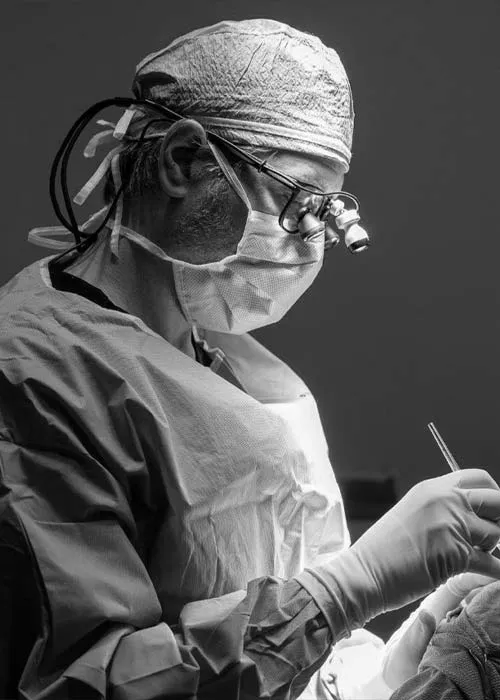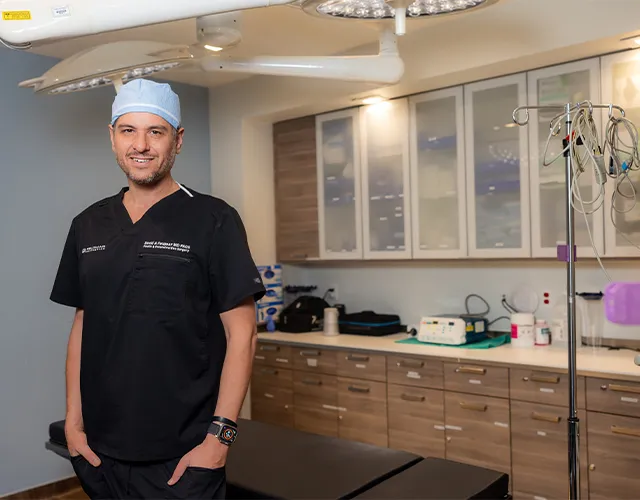


Ulcers and sores on the feet pose a unique threat to diabetics. Diabetic ulcers are those which develop on the foot of a person with diabetes. For diabetic patients, foot ulcers are one of the most frequent causes of hospital visits. Ulcers can be problematic and take weeks, or even months, to heal. The ulcers do not usually cause pain however they can lead to additional issues.
Since these issues can cause many problems it is especially important for diabetics to take care of their feet.
Foot ulcers are usually caused by prolonged pressure on a specific area of the foot. Treatment focuses on relieving that pressure and promoting healing through careful wound care.
Patients will also receive personalized guidance on how to care for their wound at home. This may include instructions on cleaning, dressing changes, monitoring for signs of infection, and protecting the area from pressure or friction.
Keeping blood sugar levels managed
Bandaging and cleaning the ulcer when appropriate
Cleaning the ulcer each day with a special dressing
Taking fewer steps throughout the day
Avoiding walking barefoot unless the doctor gives permission
Using the dressings provided by the doctor
Keeping skin around ulcer clean and dry
Come into the office to speak with the doctor if you experience symptoms such as:
If the ulcer becomes very white, blue, or black
Redness and swelling
Additional drainage
Growing warmth at site
Increased discomfort or firmness around the ulcer
Pus or odor
Fever or chills
Dr. David Feldmar is a double board-certified surgeon in General and Cosmetic Surgery with a specialized focus in wound care. Known for his meticulous technique and compassionate approach, Dr. Feldmar leads a skilled team dedicated to treating complex, chronic, and post-surgical wounds. From managing diabetic ulcers and burns to performing advanced closures and graft procedures, his goal is to promote healing, prevent complications, and restore quality of life for every patient.
Whether at home or in a facility, Dr. Feldmar delivers expert wound care where it’s needed most—with a personalized, patient-first philosophy.






Our team delivers advanced wound care with surgical precision and a human touch—because healing is more than skin deep.
